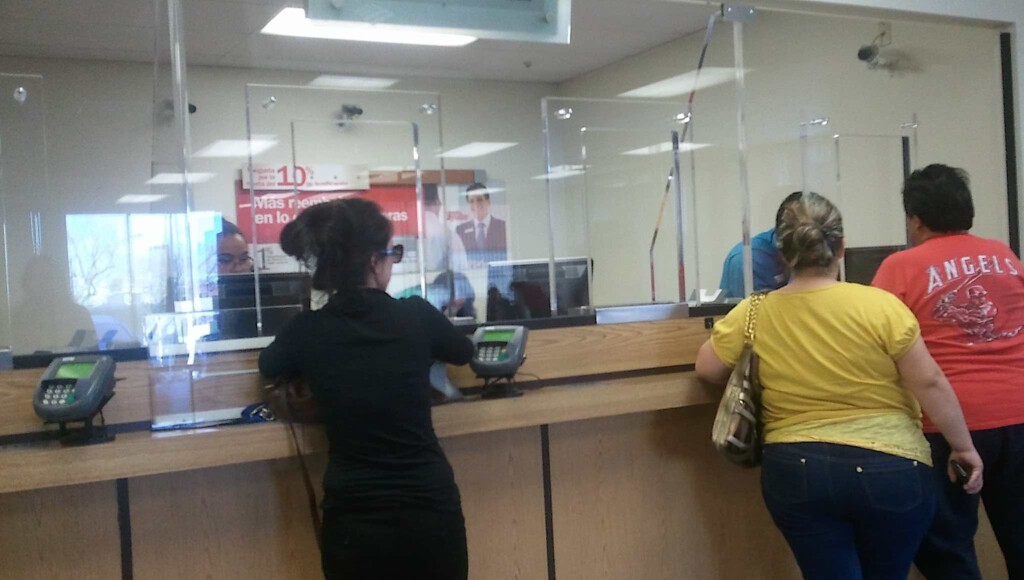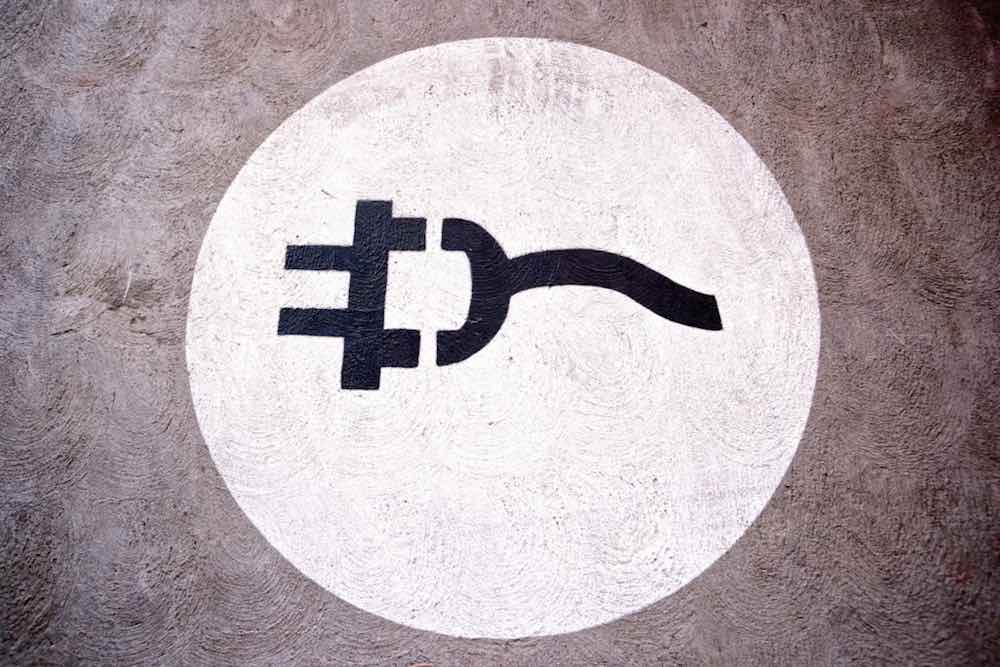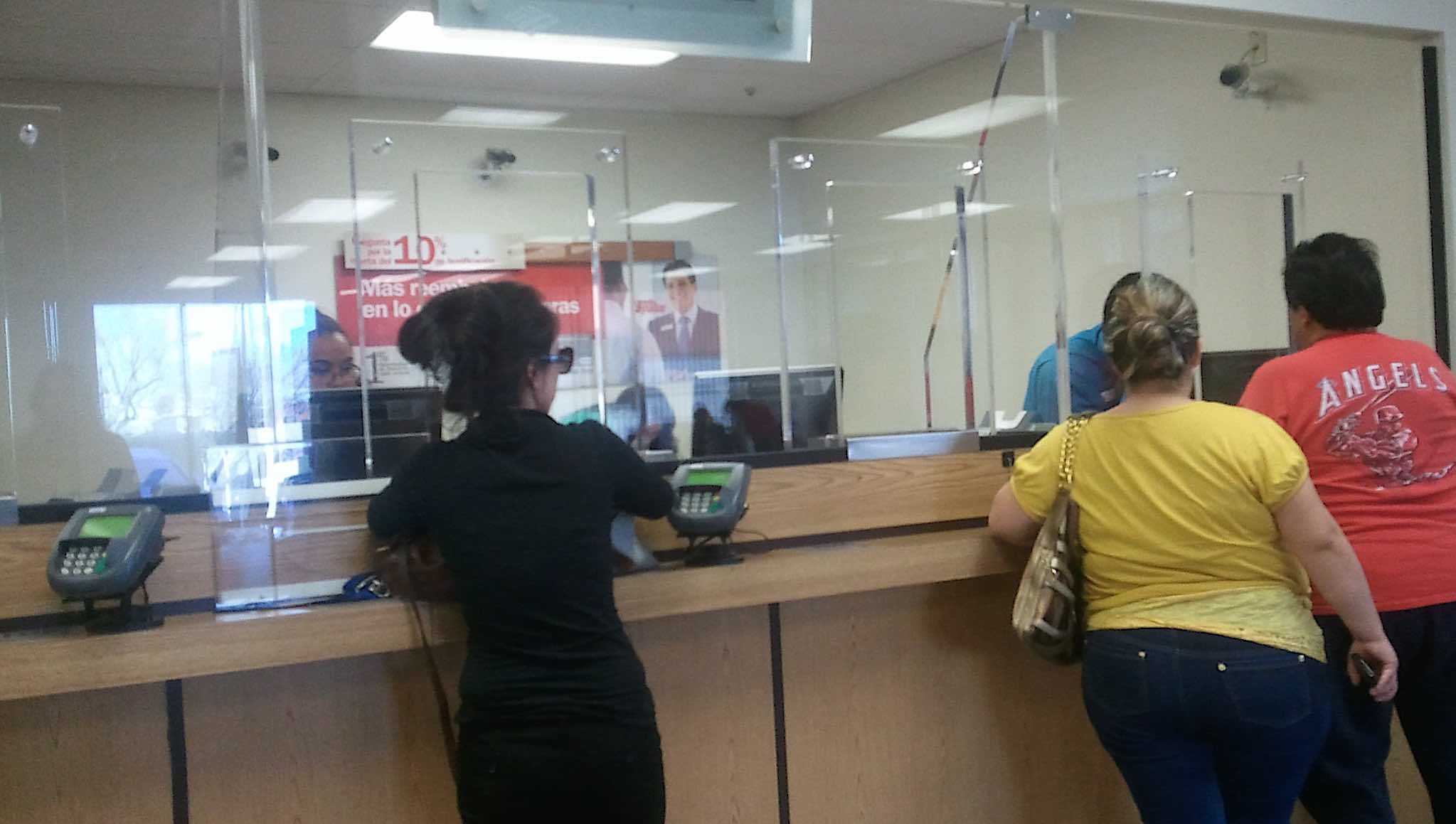
An Australian bank representative recently yanked an unsuspecting woman back from the brink of the financial oblivion she was about to throw herself into resulting from an internet scam.
Westpac Bank trains its employees to poke questions at anyone engaging in strange transactions, and after the teller’s suspicions were aroused, she was proven right every step of the way.
It’s an example, says Westpac’s Head of Fraud and Financial Crime Insights Ben Young, of how valuable the person-to-person interaction is in the private commercial banking industry, and a regrettable loss of branch closures across the country.
But as regards the scam, teller Mariana Karbowski at the Liverpool Branch noticed a woman in her 70s seemed nervous coming in with the news that she was going to sell her home, and that she wished to cancel the home insurance she had through Westpac.
Asking why she was planning to sell, Karbowski got the unsatisfactory answer that the woman needed to “help her son.” Inviting the woman into one of the personal offices, Karbowski dug a little deeper and found out the real reason the woman was going to make one of the largest financial decisions of her life: she needed to free her boyfriend from an overseas prison.
Speaking of jail, Karbowski took no prisoners when she heard this was the woman’s motivation.
“My next question was, please tell me the last time he took you out for a coffee, and she said, ‘Actually, never, we met online,'” Karbowski told Channel 9 News.
It didn’t take long for the teller, whose very father was scammed out of millions as it happens, and who decided to run a reverse image search on Google of the man the woman claimed was her internet boyfriend, to discover that many of the photos the client received from the man were online but with different names.
FINANCIAL RESCUE OPERATIONS: Hero Post Office Worker Saves Senior From Sending Thousands of Dollars to a Scammer
“We cried together and I walked her to the police station to report it,” she said, “We care and when we see those red flags, we act.”
Internet scamming and fraud is a black market that pilfers tens of billions around the world, and it’s Karbowski’s training and insight that Ben Young hopes to capture for a new security feature on Westpac’s online banking suite, powered by AI, that asks exactly the sort of questions that you would ask a loved one if they told you: “I’m about to send $50,000 to some foreign corner of the world.”
It asks how you came to know this person, what are some things they have said or promised you, and if the AI is not satisfied with the transaction, it will block it and notify the fraud department who will then reach out to the client and discuss the transaction.
MORE STORIES LIKE THIS: Bank Decides it Should have Prevented Dementia Depositor from Getting Scammed–So Restores Entire Life Savings
While it may seem like an abrasive invasion of personal decision-making, scammers and fraudsters often target people who are not of sound mind, such as those with dementia, those who live alone, or internet illiterates.
Perhaps Westpac also saw the story of ANZ Bank’s decision to reimburse an elderly client’s life savings worth AUD$500,000 that was stolen by scammers. The client has early-stage dementia, and the fraud department concluded after an internal investigation that they should have done a lot more to protect his account.
WATCH the story below from Channel 9…
SHARE This Hero Bank Teller And Important Lesson With Your Friends…




















